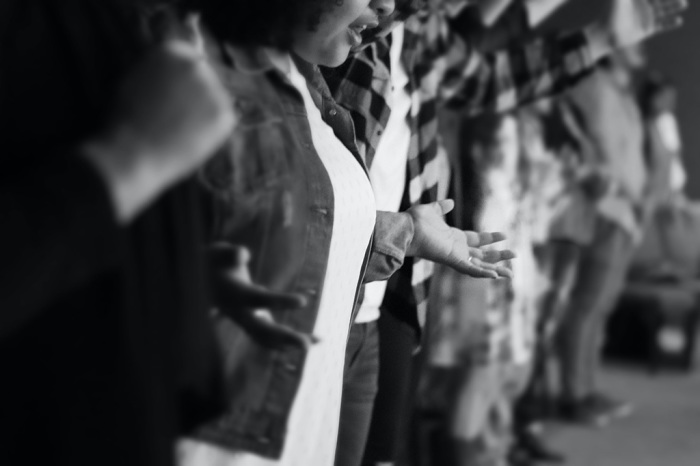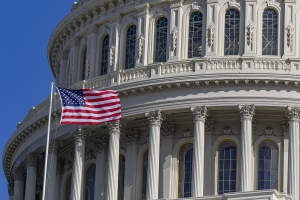How much you believe in God could be wired to your brain, study suggests

In Hebrews 11:1 in the Bible, faith is described as the “substance of things hoped for, the evidence of things not seen.” Now, according to a new study by Georgetown University neuroscientists, the strength of one's faith in God is likely linked to the brain.
In their study,Implicit pattern learning predicts individual differences in belief in God in the United States and Afghanistan, published this month in the journal Nature Communications, the neuroscientists found that an individual’s ability to unconsciously predict complex patterns, through an ability known as implicit pattern learning, had a strong correlation with the strength of their belief in a god who creates patterns of events in the universe.
“This is not a study about whether God exists, this is a study about why and how brains come to believe in gods. Our hypothesis is that people whose brains are good at subconsciously discerning patterns in their environment may ascribe those patterns to the hand of a higher power,” the study’s senior investigator, Adam Green, an associate professor in the department of psychology and interdisciplinary program in neuroscience at Georgetown, said in a release.
The Georgetown study, which involved a predominantly Christian group of 199 participants from Washington, D.C., and a group of 149 Muslim participants in Kabul, Afghanistan, is the first of its kind to explore religious belief through implicit pattern learning.
Adam Weinberger, a postdoctoral researcher in Green’s lab at Georgetown and at the University of Pennsylvania, was the study’s lead author. Co-authors Zachery Warren and Fathali Moghaddam led a team of Afghan researchers who collected data in Kabul.
To measure the implicit pattern learning ability of participants in the study, researchers used a well-established cognitive test in which they had to watch a sequence of dots appear and disappear quickly on a computer screen.
They pressed a button for each of the moving dots but some participants in the study — the ones who registered the strongest implicit learning ability — began to subconsciously learn the patterns hidden in the sequence. They pressed the button for dots before they appeared. Even the best implicit learners in the study did not know that the dots formed patterns which demonstrated that the learning had happened at an unconscious level.
The study showed that even among children, those with implicit pattern learning ability were more likely to increase belief in God even if they were raised in a household that was not religious.
“The most interesting aspect of this study, for me, and also for the Afghan research team, was seeing patterns in cognitive processes and beliefs replicated across these two cultures,” Warren said. “Afghans and Americans may be more alike than different, at least in certain cognitive processes involved in religious belief and making meaning of the world around us. Irrespective of one’s faith, the findings suggest exciting insights into the nature of belief.”
While noting that further research was needed, Green said: “A brain that is more predisposed to implicit pattern learning may be more inclined to believe in a god no matter where in the world that brain happens to find itself, or in which religious context.”





























